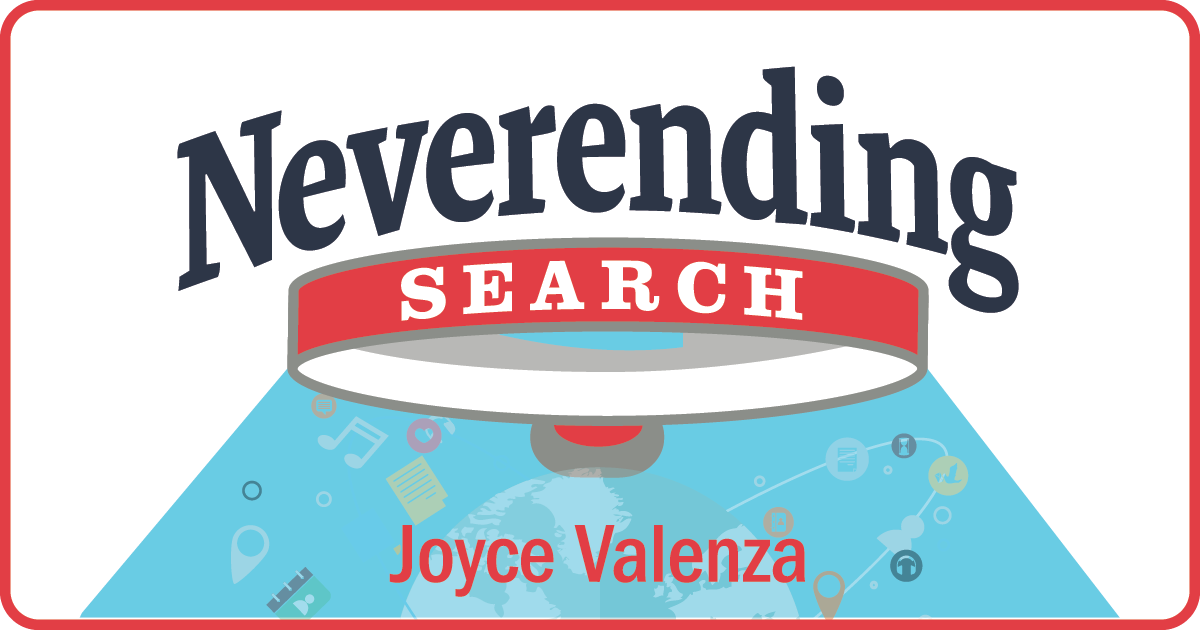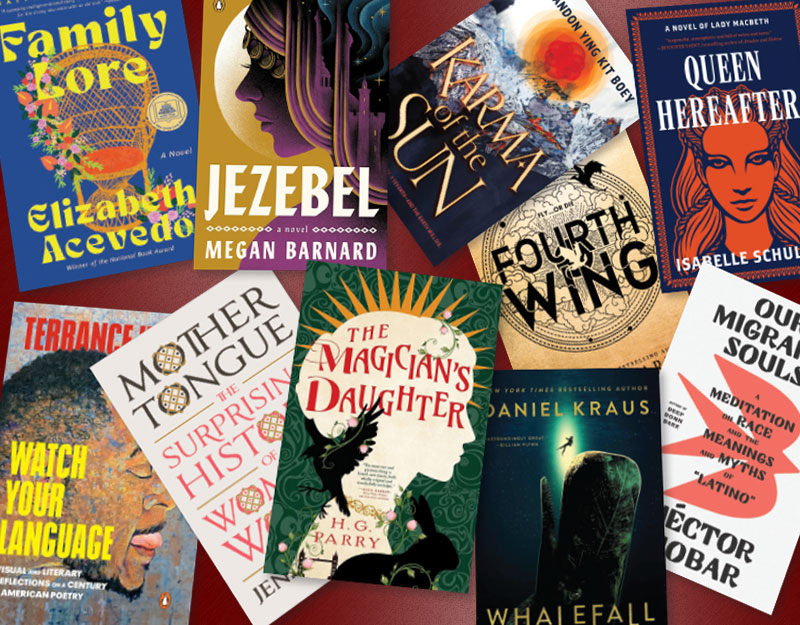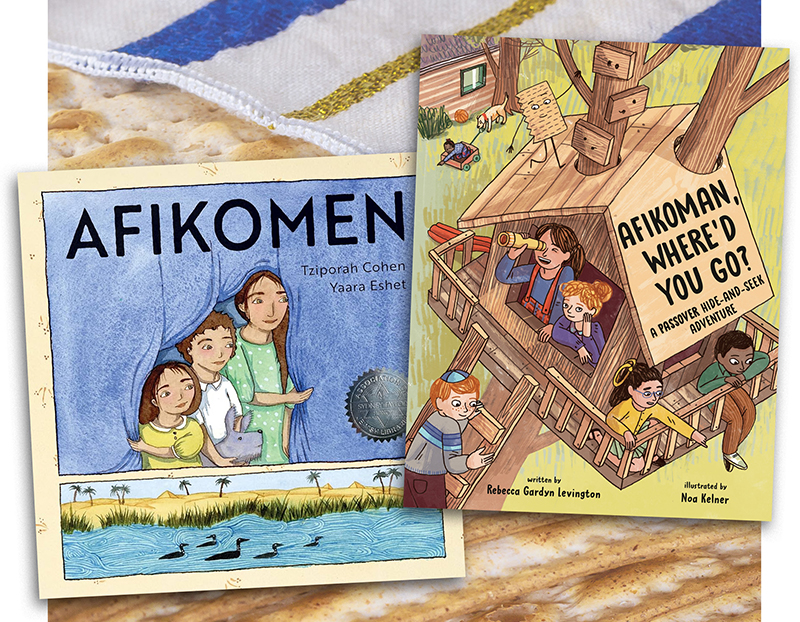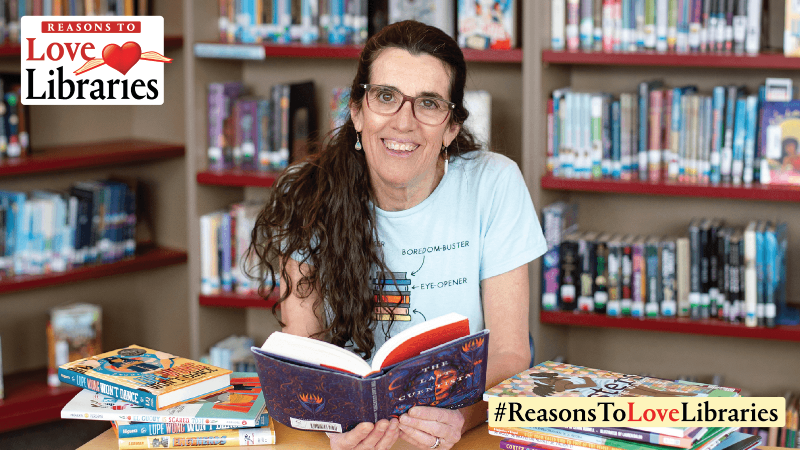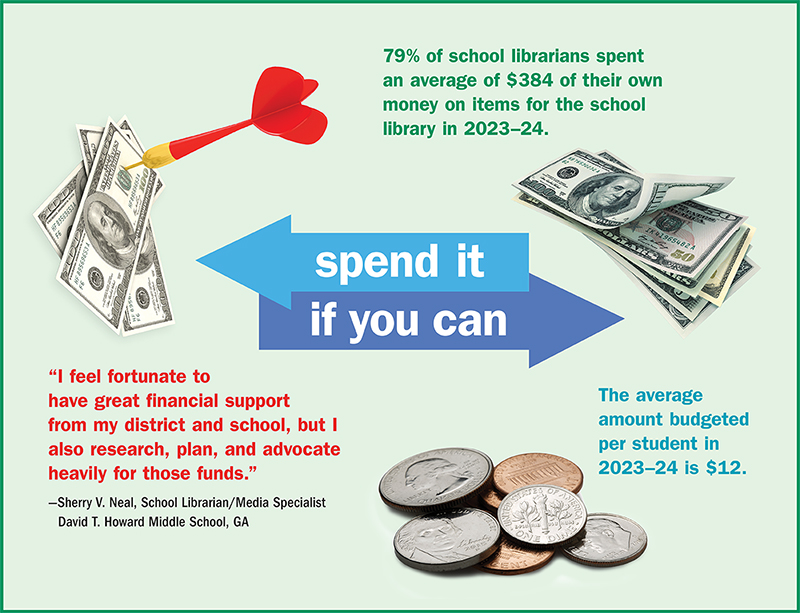SCROLL DOWN TO READ THE POST
About The Watermelon: Can a YA novel change the world?
 My old college buddy (SUNY Binghamton ’75), author Michael Laser recently shared his latest young adult novel with me.
My old college buddy (SUNY Binghamton ’75), author Michael Laser recently shared his latest young adult novel with me.
We chatted a bit about the world of YA literature and about what inspires him to write. He shared with me that his latest book was differently motivated. The Watermelon is a loss of innocence story in which a Jenny, a shy 16-year-old girl involved in a first romance, comes to understand the long-term impact of taking a principled stand.
Can a YA novel change the world?
I write fiction for adults and for teens, but I’ve always had a nagging sense that that isn’t quite enough to do, if you want to look back at the end of your life and feel good about what you accomplished. Other writers teach, or create organizations that help people; I would feel proud if I could follow either of those paths, but I’ve never been comfortable in front of a classroom and I’m not a charismatic leader.
Writing is pretty much all I do.
Along with this sense of not accomplishing enough comes the fantasy of heroically changing the world. I’m not sure if this is common, or if I’m just a peculiar, daydreaming megalomaniac.
Clearly, books can change the world—think Uncle Tom’s Cabin, or The Origin of the Species. The question is, what book could I write that would benefit humankind? One day, a couple years ago, I sat with a pad and pen and resolved not to leave my chair until I found some sort of answer.
Drawing a blank, I tried breaking the question down into two sub-questions.
1) In what way could I possibly change the world?
2) What story do I have to tell, that might make a difference?
The obvious answer to Question 1 was that I could change the way people think, by exposing them to an important idea. A favorite example is Atticus Finch saying, “You never really understand a person until you climb into his skin and walk around in it.”
I like to think that millions of people have reminded themselves of those words years after reading To Kill a Mockingbird, and prodded themselves to see things from the point of view of people they wanted to punch in the nose.
But what idea, what story, did I have to offer?
The answer came to me immediately. My wife had told me an anecdote long ago, that I’d always wanted to turn into a book. The summer when she was 16, she had worked on a kibbutz in Israel. I can’t share the details of the story because that would give away a key surprise in my most recent novel, but it stuck with me for years, because it dramatically illustrated something I wish more people understood: that, sometimes, the people you fear most are just people, who mean you no harm.
My wife’s anecdote became the seed for The Watermelon, a young adult novel about a 16-year-old girl who volunteers to help build a school in a poor town in South America—a place I knew much better than Israel, and could write about more comfortably. The novel follows Jenny’s group, a colorful crew, who begin their summer adventure clowning and having fun, but then get involved in more serious dramas, including Jenny’s romance with their local coordinator, the threat of war, and how to respond to the locals’ hatred for their enemies across a nearby border. (Some members of her group absorb the prejudices; Jenny and a few of her friends resist it.)
As the story took shape, I realized something exciting: without even knowing it, this fairly shy young woman could have an impact on history. Again, I can’t share details without giving away too much, but Jenny’s principled rejection of prejudice makes a strong impact on a local man who, later in life, plays a decisive role in making peace with the neighboring country.
This may seem like a stretch, a wishful fantasy, but it’s based on reality.
The example most closely linked to The Watermelon is this: it’s possible that the State of Israel might not exist today except for the fact that Harry Truman, before going into politics, owned a men’s clothing store with an army buddy named Eddie Jacobson. Jacobson was Jewish, and the two stayed friends for years.
After the Holocaust, when Israel declared its independence, most of Truman’s advisors told him not to recognize the new nation. But Truman felt that the Jewish people had suffered bloody persecution throughout history because they had no homeland, no place to find refuge. His friendship with Jacobson made that history real and personal to him. Had he decided not to support Israel with recognition by the United States, it’s possible that the new nation wouldn’t have survived.
I wanted The Watermelon to show how a personal relationship can affect history this way—how, by behaving with integrity and generosity, we influence those around us in ways we don’t see. Sometimes those influences cast very long shadows.
So, do I think The Watermelon will change the world?
The truth is, I hope so… though I doubt I’ll ever know if it happens.
We’re growing many Jennys in our schools, libraries, and homes.
Sharing The Watermelon just might encourage them to believe in the power of their own influence.
Filed under: YA, young adult literature, youth culture
About Joyce Valenza
Joyce is an Assistant Professor of Teaching at Rutgers University School of Information and Communication, a technology writer, speaker, blogger and learner. Follow her on Twitter: @joycevalenza
ADVERTISEMENT
SLJ Blog Network
Happy Poem in Your Pocket Day!
This Q&A is Going Exactly As Planned: A Talk with Tao Nyeu About Her Latest Book
More Geronimo Stilton Graphic Novels Coming from Papercutz | News
Environmental Mystery for Middle Grade Readers, a guest post by Rae Chalmers
The Classroom Bookshelf is Moving
ADVERTISEMENT
ADVERTISEMENT

